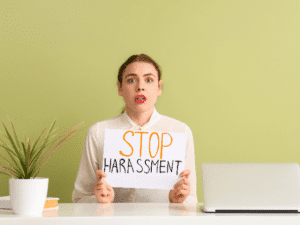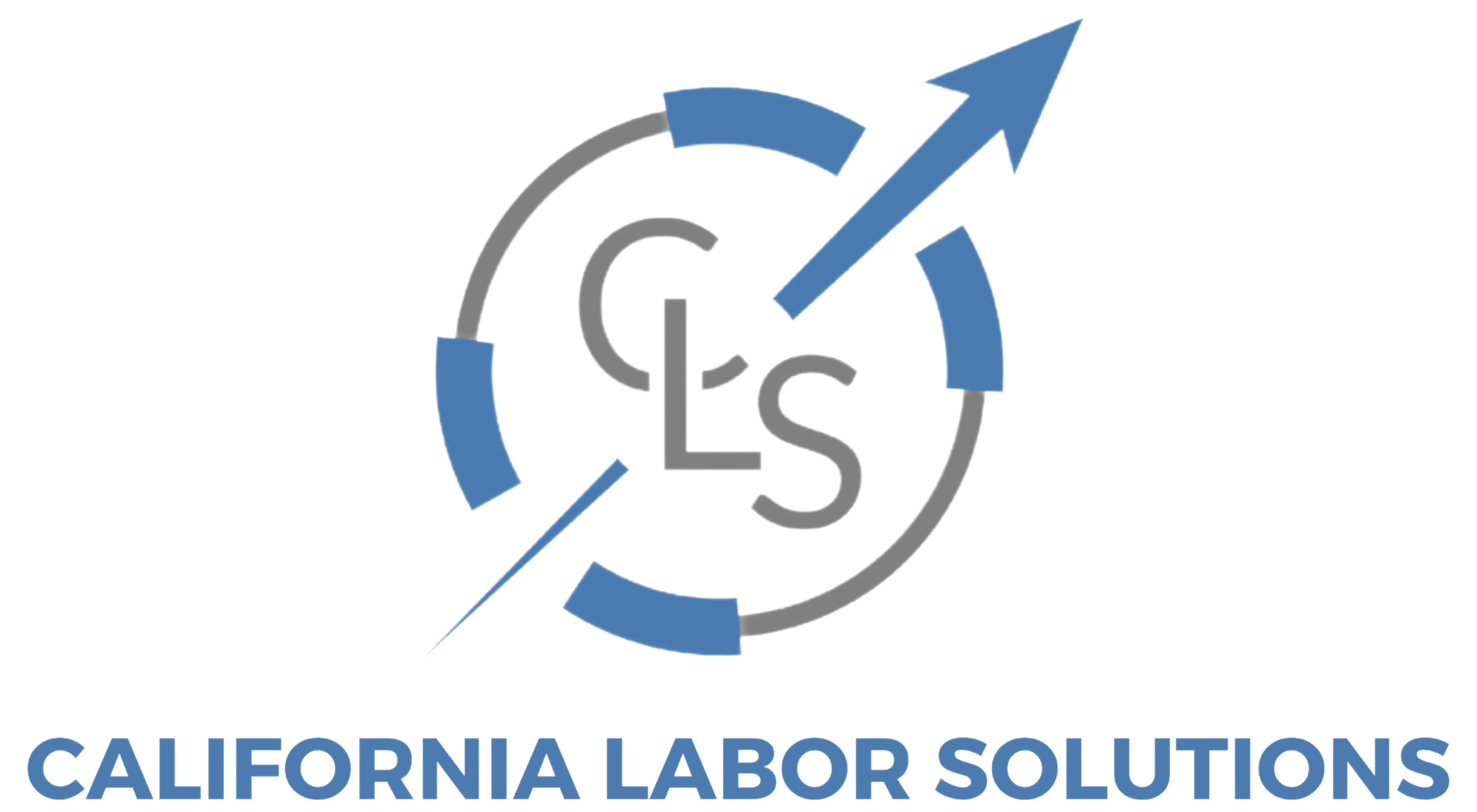After COVID-19, the global shift towards remote and hybrid work models, virtual communication has become the norm amongst organizations. Social media platforms, once considered external to the workplace, now serve as virtual extensions of the office; therefore, harassment incidents may manifest through digital channels.
But what happens when an alleged hostile work environment harassment behavior occurs outside the workplace or on social media?
Understanding Hostile Work Environment

A hostile work environment is created when an employee experiences unwelcome behavior based on the employee’s protected characteristics such as race, gender, age, color, origin, or religion. The unwelcome conduct becomes so severe or pervasive that it interferes with an employee’s work performance or creates an intimidating, offensive, and/or abusive work environment.
The Role of Social Media in Workplace Harassment

Social media has added a new layer of complexity to workplace harassment. For instance:
- Posts targeting coworkers: If an employee posts derogatory comments, offensive memes, or personal attacks directed at a coworker on social media.
- Inappropriate Content Sharing: Sharing offensive content, even outside of work hours, especially if the content is discriminatory or otherwise harmful.
The impact of the Okonowsky v. Garland case for California employers

A recent Ninth Circuit Court of Appeals decision reaffirms that courts must consider the “totality of the circumstances” when analyzing whether a hostile work environment exists. It also held that offensive, retaliatory, and intimidating conduct on an employee’s personal Instagram page could create a hostile work environment.
During the Okonowsky v. Garland case, the panel reaffirmed that the “totality of the circumstances” in a sexually hostile work environment claim includes evidence of sexually and non-sexual harassing conduct. The panel rejected the notion that only conduct that occurred inside the physical workplace can be actionable, especially considering the rise of social media and its use to harass and bully both inside and outside of the physical workplace.
Therefore, it is crucial for California employers to understand their responsibilities under Title VII of the Civil Rights Act.
Why choose California Labor Solutions?
California Labor Solutions (CLS) is one of the only HR firms licensed* to conduct workplace investigations in California. We serve private businesses and public-sector organizations throughout the state. We have conducted hundreds of neutral, impartial, objective, and unbiased workplace investigations related to identifying issues and risks within the organization as well as for employee complaints relating to allegations of discrimination, harassment, retaliation, workplace violence, and various types of employee misconduct with the utmost quality, detail, and efficiency.
*California Private Investigator License Number 26311.
Disclaimer:
Please note that the updates, advisories, and regulations we receive from the promulgating agency often contain ambiguities and/or are often amended, modified, or updated. This material/article/email does not contain any legal advice. The information and opinions expressed herein are based on our reasonable interpretation of the issuing agency’s publication at the time the opinion is expressed and is, therefore, subject to change based on further developments. The effect of the opinions expressed may be different based on your particular circumstances, and it is recommended that you not rely upon these general opinions prior to obtaining a consultation with your legal and/or financial advisors.

